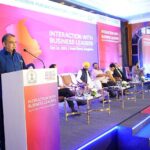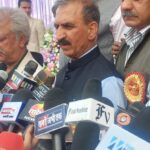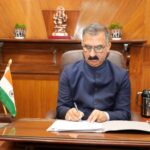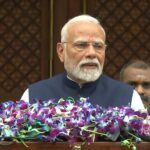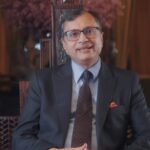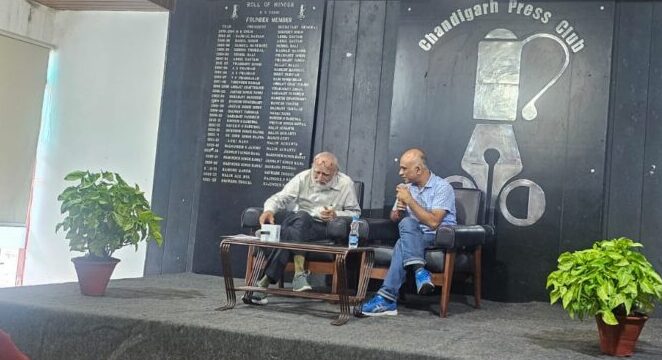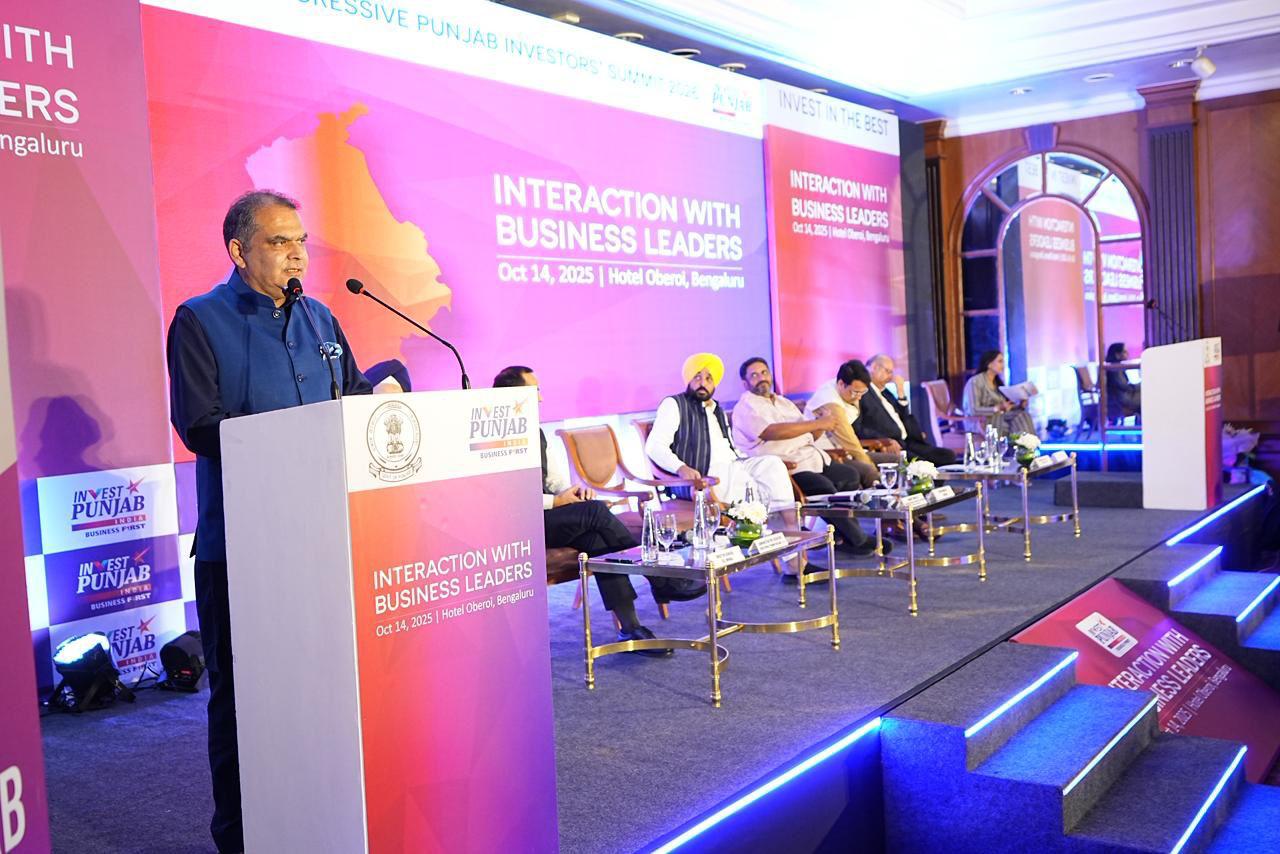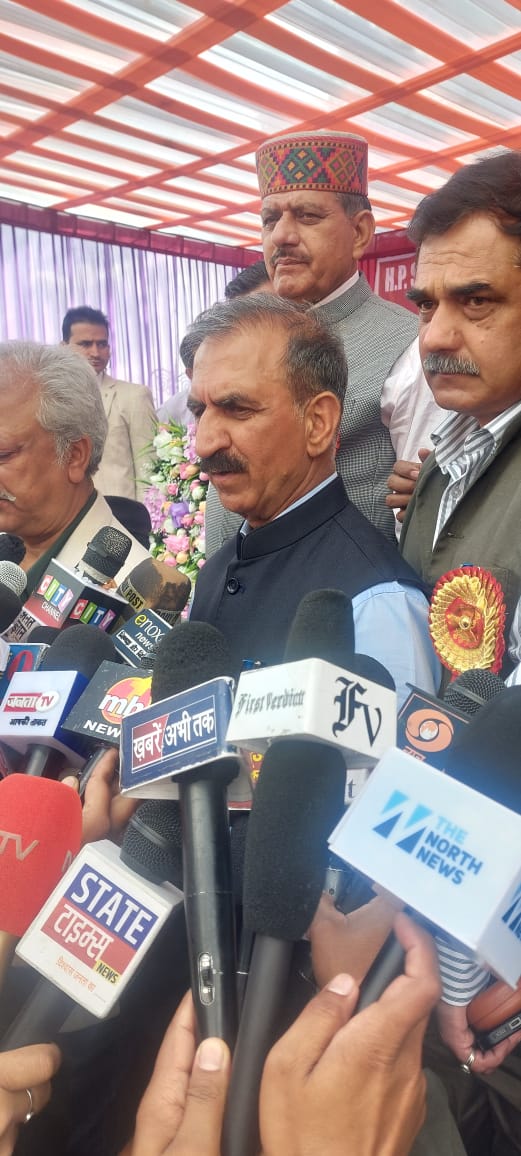The North News
Chandigarh, October 7
Social media has become a crucial space for preserving press freedom and free speech in India, as traditional media organisations increasingly face political and corporate pressure, senior journalist Rahul Singh said on Tuesday. Addressing the inaugural lecture in a new series at the Chandigarh Press Club, Rahul Singh said that while many mainstream journalists continue to work with courage and integrity, the pressures on established newsrooms are “undeniable.”
“Independent journalists on social media platforms are now taking the lead in exposing wrongdoing in the system. Despite all challenges, social media still gives an edge to free expression,” he said.
The lecture series, dedicated to former presidents, founders, and senior members of the Press Club who are no longer alive, drew a gathering of media professionals and journalism students. Rahul Singh, who began his career with The Times of India in 1964 and went on to edit several major publications, including Reader’s Digest India, The Indian Express, and The Sunday Observer, reflected on the changing face of Indian journalism over the decades.
He recalled that during his time as the founding editor of Reader’s Digest India, he enjoyed complete editorial freedom, including the authority to decide which advertisements were published. “There was a time when people trusted everything that appeared in print,” he said.
The veteran journalist recounted key moments from India’s media history — from the Emergency period and political pressures under the Janata Party government to the rise of corporate ownership in the press.
“There is no such thing as complete freedom,” Singh said, adding that even outspoken media platforms operate under certain constraints. “But it remains rewarding work because it helps safeguard democracy.”
He highlighted how corporate influence, low journalist salaries, and increasing state control have eroded the independence of many news outlets. Referring to the takeover of The Sunday Observer by the Ambani group, he remarked, “Credibility remains the most essential quality for a journalist — not power or proximity.”
He cited figures such as Tarun Tejpal, M.J. Akbar in his reflections, describing the highs and lows of media integrity through different eras. “Big corporate houses have entered the media in a big way. Yet, social media continues to be a ray of hope — an open platform that can still challenge power,” he said.
He concluded by reminding journalists that opposing those in power and questioning authority are fundamental to the profession’s moral fabric. “India may not rank high on the global press freedom index, but independent voices still matter — they keep democracy alive.”




